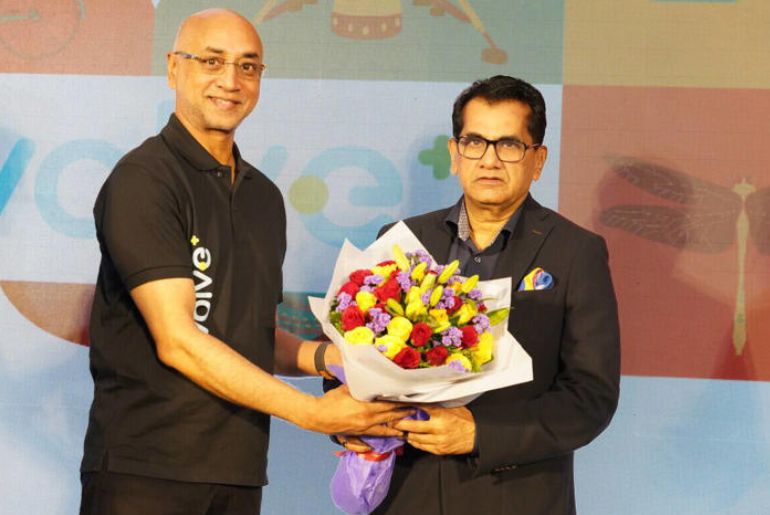Although there is debate within the automotive industry about intermediate technologies like hybrid electric vehicles, the Indian government is firmly committed to focusing on advanced technologies such as battery-powered vehicles and those utilizing green hydrogen. Amitabh Kant, former CEO of NITI Aayog, has also emphasized that India has the potential to become the central hub for the global energy transition through these cutting-edge technologies.
“Quite often, I hear the voices wherein some companies advocate intermediate technologies like hybrid vehicles, while others start advocating blue and grey hydrogen or gas. I am absolutely clear that India must leapfrog into emerging and final technologies like – electric vehicles, battery storage, green hydrogen, cutting edge technologies. This will give India the first mover advantage and India becomes the focal point of all emerging technologies from India to the rest of the world,” said Amitabh Kant, G20 Sherpa.
He was speaking at an event titled ‘EVOLVE 2024’, organised by Amara Raja Advanced Cell Technologies (ARACT), a wholly owned subsidiary of Amara Raja Energy & Mobility (ARE&M).
According to Kant, India has a unique opportunity to lead the world in urbanizing and industrialising through low-carbon technologies such as Lithium-ion. “We import $160 billion worth of fossil fuels and making battery packs locally will cut fossil fuel requirements. They will increase India’s domestic energy independence. We must create the infrastructure across the supply chain so that we are not import dependent on one country,” added Kant, who was the chief guest of the event.
Kant also said that transition to low carbon technologies relies hugely on Lithium-ion technologies which are crucial for powering Electric Vehicles and New Energy sectors. According to him, decarbonizing these sectors through and the integration of renewable energy in the power sector and the adoption of Electric vehicles in the transportation sector for low carbon emissions.
“If we transit to new technologies, the level of destruction will be very low in India. Whereas if you transit in the US, the level of destroying old technologies will be very high. Therefore, it is very important that India transits to new technologies and the power and transportation sectors will be very important to achieve that”, affirmed Kant.
Kant also highlighted the importance of establishing domestic battery cell manufacturing capabilities. Drawing the analogy of the semiconductor industry, he noted, “You can see the repercussions, if the global requirement is dependent on one country like China. Given the complexity of the global supply chain, scaling up and stabilising battery cell manufacturing is critical to India’s decarbonisation path.


